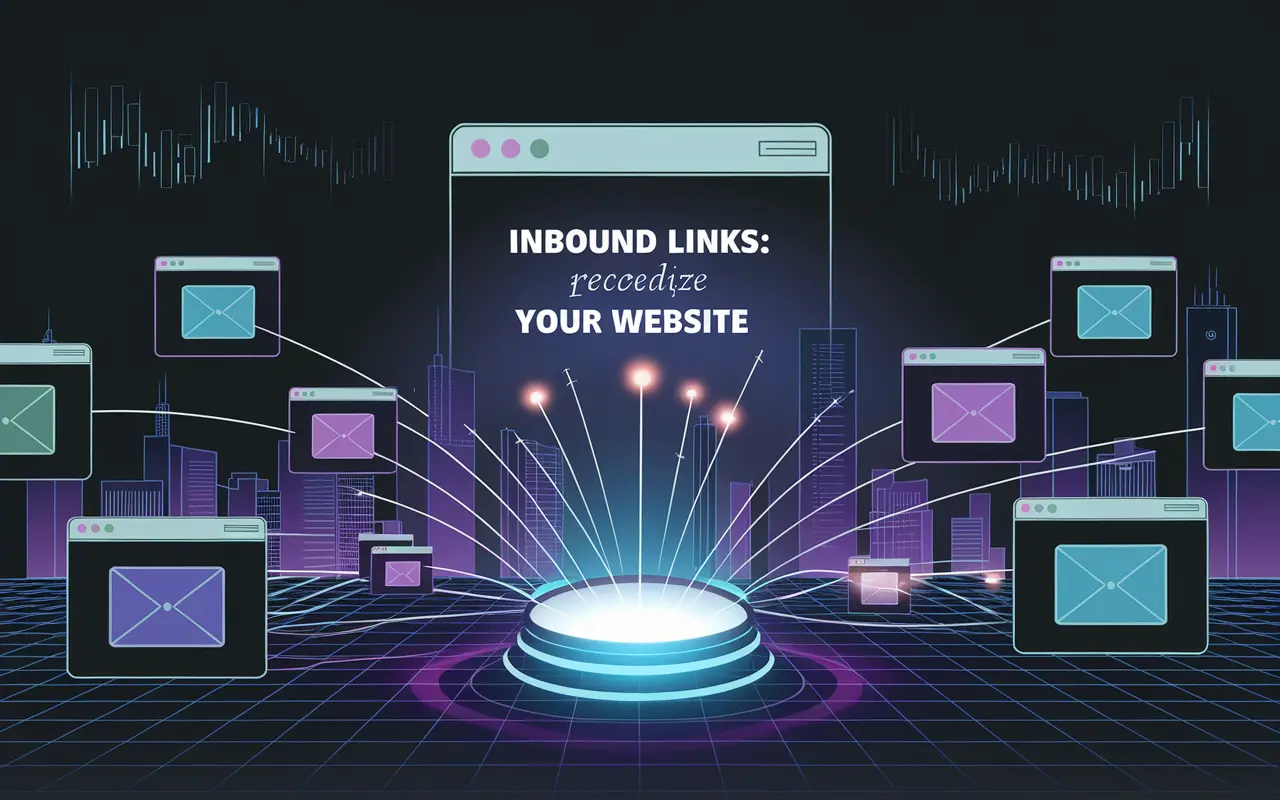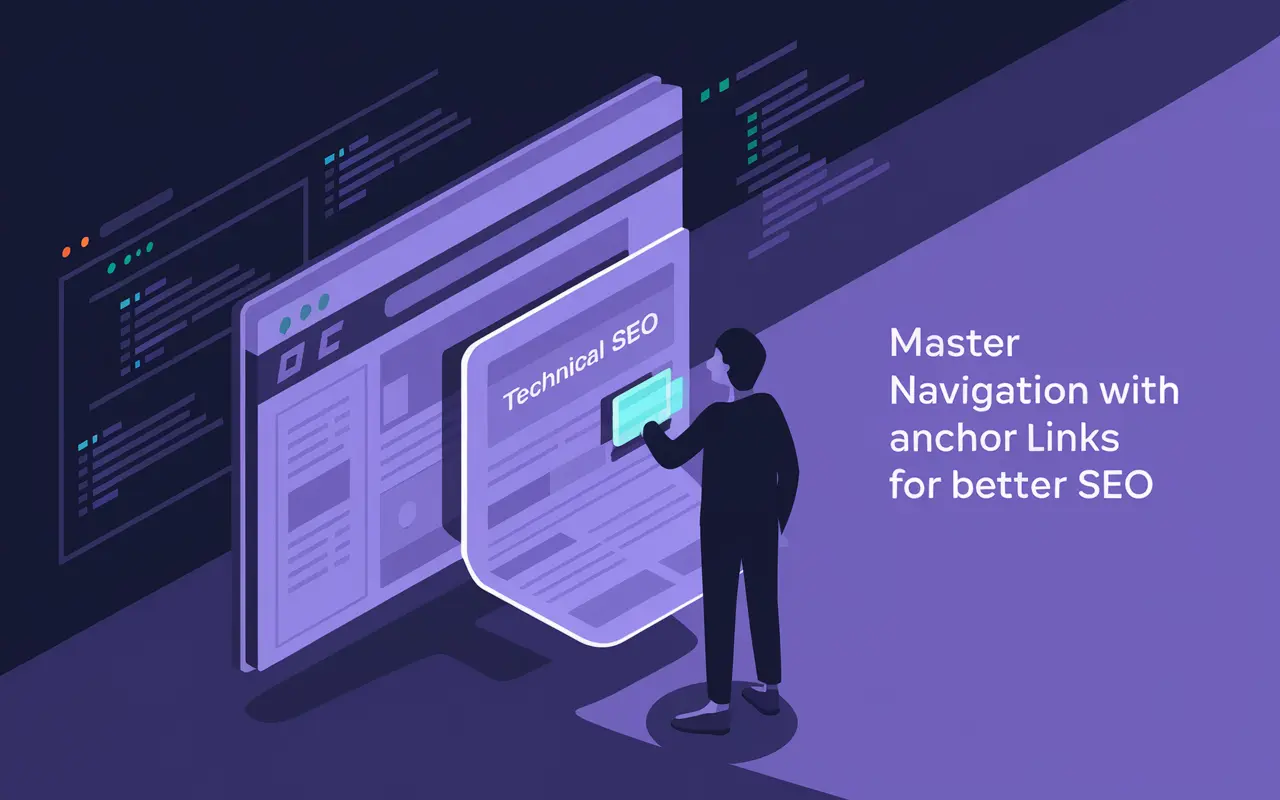Understanding Inbound Links and Their Role in SEO Success
Inbound Links, often referred to as backlinks, are hyperlinks that point from external websites to your own. These are critical components of SEO strategies because they represent a vote of confidence from one site to another. When reputable sites link to your content, search engines take that as a positive signal of your website’s credibility, authority, and relevance.
Inbound Links serve as one of the core foundations of off-page SEO and directly influence your site’s visibility in search engine rankings. Consistently earning high-quality backlinks can dramatically improve organic traffic, brand recognition, and online trustworthiness. Without a robust inbound link profile, even the most optimized content may struggle to rank competitively.
Key Takeaway
Inbound Links are essential for building domain authority and enhancing SEO rankings. Earning relevant and trustworthy backlinks improves search engine visibility and drives sustained traffic growth.
Why Inbound Links Matter for SEO Success
Google’s algorithm relies heavily on inbound links to evaluate the quality of your content. When authoritative websites point to your pages, it sends a signal to search engines that your content is credible and deserves to rank higher in SERPs (Search Engine Results Pages).
Authority Building and Trust
Links from high-quality domains boost your site’s domain authority and trustworthiness. The more trusted sources that vouch for you, the easier it is for search engines to rank your pages for competitive keywords.
Improved Organic Visibility
Each quality backlink can act as a pathway for both users and search engines to discover your content. A strategic inbound link profile increases indexing frequency, improves keyword rankings, and expands your visibility across multiple topics.
Referral Traffic Generation
Aside from SEO, inbound links also contribute to direct traffic. If a trusted blog links to one of your articles, their readers are likely to click through and engage with your site.
Best Practices for Earning Strong Inbound Links
Here are some proven methods for building a healthy, high-quality inbound link profile:
- Create Link-Worthy Content: Develop research-based articles, infographics, videos, and tools that naturally attract references from other sites.
- Outreach and Relationship Building: Reach out to bloggers, industry experts, and publications to share your content and request relevant backlinks.
- Guest Blogging: Writing guest posts for high-authority industry websites allows you to get natural backlinks within the content or bio.
- Broken Link Building: Pitch your content as a replacement for broken outbound links on relevant external sites.
- Social Media Promotion: Share your content widely on social platforms to increase visibility and chances of viral backlinking.
- Leverage Local and Niche Directories: Submit your business to industry-specific and local directories that provide dofollow backlinks.
How Inbound Links Work in the SEO Process
To fully understand their impact, it’s important to break down how inbound links function in the technical validation of a website:
Crawling and Indexing Enhancement
When a reputable page links to your content, search engine robots frequently crawl those links. This increases the likelihood your page will get indexed faster and more frequently.
Link Equity (Link Juice)
Link equity is the value passed from one page to another through anchor links. Pages that receive more high-quality inbound links tend to rank better due to this accumulated equity.
Anchor Text Relevance
The visible, clickable text in a backlink (anchor text) helps search engines understand the context of the linked content. Descriptive anchor texts improve the relevance and value of the link.
| Inbound Link Source | Link Type | SEO Impact |
|---|---|---|
| News Website (e.g. Forbes) | Dofollow | High Authority + Boosts Trust Signals |
| Personal Blog | Nofollow | Referral Traffic + Brand Awareness |
| Resource Page | Dofollow | SEO Ranking Increase |
Case Study: Inbound Links Improved a Startup’s Organic Reach by 240%
The Challenge: Low Visibility for Quality Content
A SaaS startup offering productivity tools had excellent long-form blog content, but failed to generate traffic due to a lack of backlinks. Despite technical optimizations, pages were stuck beyond the second SERP.
The Solution: Manual Outreach & Guest Posting Strategy
The company launched an outreach campaign to industry bloggers and partnered with niche tech publications for guest posts. They also used broken link building to replace outdated competitor links.
Results: Organic Visibility & Traffic Skyrocketed
Within four months:
- Backlink profile grew by over 150 domains
- Organic traffic increased by 240%
- Three blog posts began ranking on Google’s page 1
Common Inbound Link Mistakes to Avoid
- Buying Links: Google may penalize sites that participate in paid link schemes.
- Getting Spammy Links: Links from irrelevant or low-quality websites can negatively impact your SEO.
- Over-Optimization of Anchor Text: Repeating exact-match keywords may trigger algorithmic filters like Penguin.
- Ignoring Nofollow vs Dofollow Mix: Only chasing dofollow links can make your profile look unnatural.
Related Terms
Understanding Inbound Links better often involves exploring other interlinked SEO concepts. Here are related terms:
- Off-Page SEO: Strategies outside your website, like link building and social media marketing.
- Domain Authority: A metric that indicates your website’s trustworthiness.
- Link Building: The process of acquiring inbound links from other websites.
FAQs About Inbound Links
An inbound link is a hyperlink from an external site that points to your website, signaling trust and relevance to search engines.
Each has a purpose, but inbound links are more valuable from an SEO perspective as they pass authority from external sites to yours.
Create high-quality, valuable content and promote it through outreach and social sharing to earn natural links.
While nofollow links don’t pass ranking authority, they still contribute to referral traffic, visibility, and diversification of your backlink profile.
Conclusion: Mastering Inbound Links for Long-Term SEO Wins
Inbound Links are one of the most powerful off-site SEO signals that can significantly increase your search engine rankings and drive qualified traffic. By focusing on quality over quantity and building links ethically through valuable content and strategic outreach, businesses can earn long-term visibility in SERPs.
For ongoing growth and a robust digital presence, consistently audit your backlink profile, steer clear of black-hat techniques, and aim to become a trusted resource in your niche.






